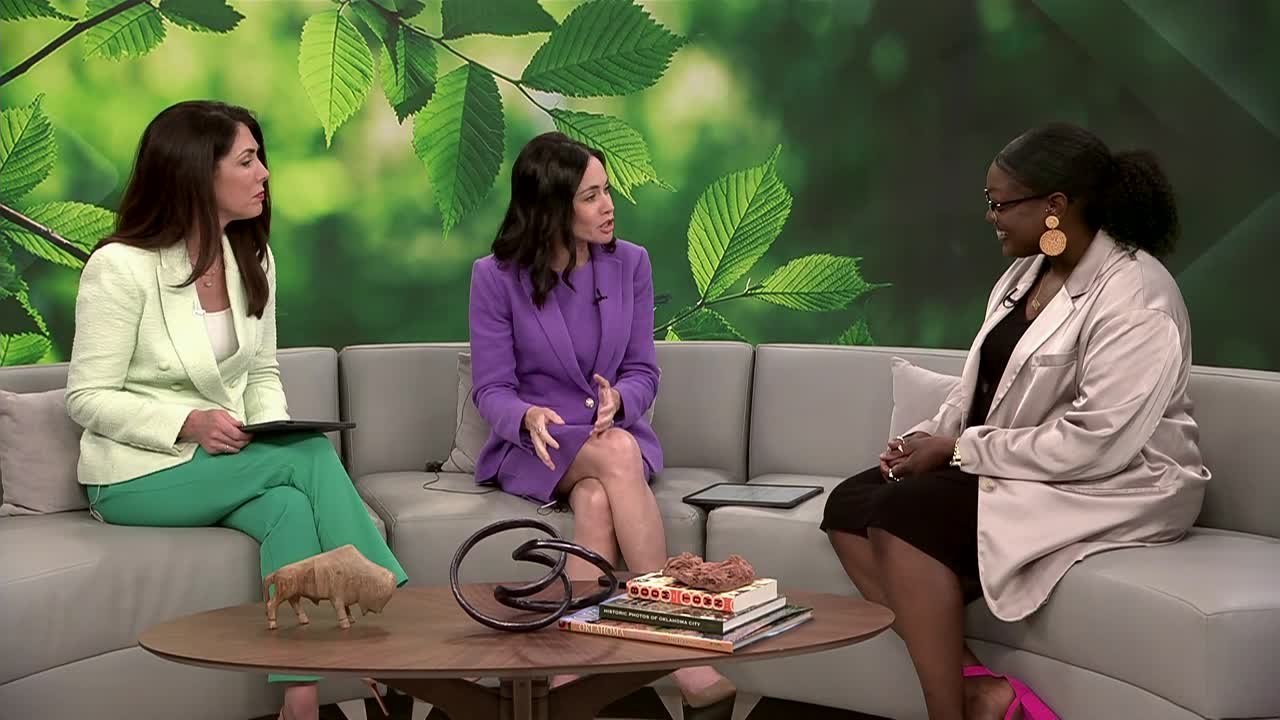As tensions escalate between India and Pakistan, mental health experts warn of increasing stress levels affecting individuals across various age groups. This period of heightened anxiety can lead to significant mental health issues if not addressed promptly.
Dr. Prashant Goyal, a senior psychiatrist at Sri Balaji Action Medical Institute, highlights that mental stress manifests differently across age groups. Children, who rely on their parents for security, may experience heightened panic. Seniors often struggle with feelings of loneliness and helplessness, particularly if they have pre-existing health conditions. Young adults face uncertainty regarding their education and job prospects, which can amplify their stress.
Common emotional responses during crises include feelings of helplessness, anxiety, and mild depression. Experts emphasize that while these feelings are common in such scenarios, they should not be overlooked. Early intervention from mental health professionals can prevent these issues from escalating into more serious conditions.
Dr. Achal Bhagat from Indraprastha Apollo Hospitals advises that individuals should seek news from credible sources to avoid unnecessary panic. Overexposure to sensational news can exacerbate feelings of fear and anxiety. He cautions against sharing unverified information, which can further disturb community mental health.
Different age groups react to stress in specific ways. Dr. Sameer Malhotra, head of mental health at Max Hospital, notes that: – Children may exhibit nightmares, fear of separation from parents, bedwetting, or aggressive behavior. – Young adults might experience panic attacks, increased stress levels, substance abuse, or relationship issues. – Seniors may become increasingly sad, anxious, or socially withdrawn.
The long-term effects of such conflict can be severe. Dr. Pavitra Shankar from Aakash Healthcare warns that children may develop long-term post-traumatic stress disorder (PTSD), affecting their learning and emotional development. Teenagers and young adults may face prolonged depression and self-harm tendencies. Older adults could experience accelerated cognitive decline and earlier onset of age-related issues.
To mitigate these effects, various support systems can be implemented. Community programs can provide therapy and crisis support for seniors. Schools and colleges should offer counseling services for children and young adults. Therapists can operate in clinics, schools, or relief camps, while group therapy can help individuals feel less isolated and share their experiences. Peer support initiatives are particularly beneficial for children, veterans, and trauma survivors. Additionally, cultural and traditional practices, such as community healing rituals and recreational activities for children, can aid recovery during these challenging times.
As the situation evolves, fostering open communication and support among individuals becomes crucial. Timely intervention can help address current mental health challenges and prevent long-lasting consequences.



